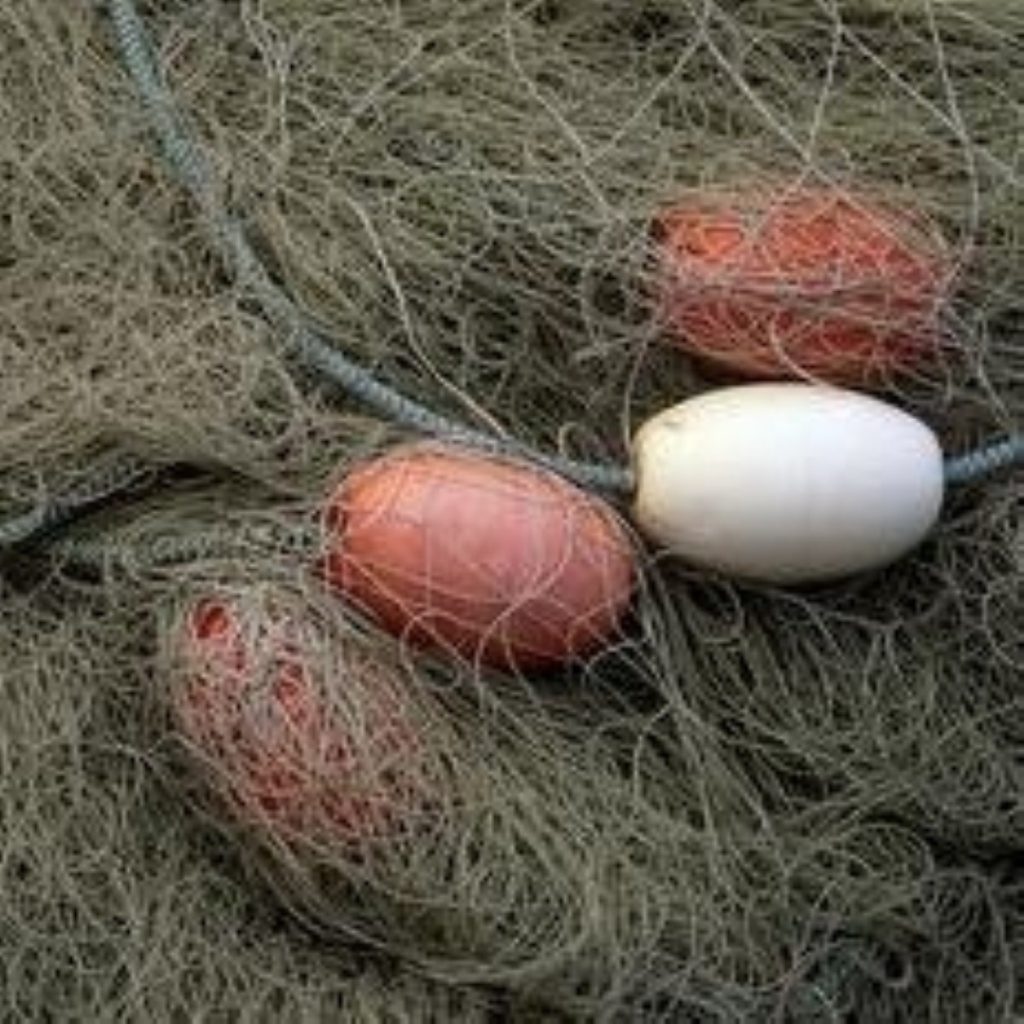Lords calls for more decentralised fisheries policy
The House of Lords European Union committee has called for a “radical reorientation” of the way fisheries are managed in the EU.
In a report published today, the committee calls for the current top-down “over-centralised” legislative policy to be changed to a system that provides a greater role for regional stakeholders.
It goes on to say the common fisheries policy’s (CFP) “dismal reputation” is warranted due to its failure to protect fish stocks and because of uneven enforcement.
The report praises the UK, claiming it has shown a much greater commitment to bringing the size of its fishing fleet into line with the available fishing opportunities, a move other EU members states have apparently not taken.
A fundamental change in the way fisheries are governed is required, the committee claims, proposing that regional management bodies have a much larger role.
By having the central EU institutions only involved in setting strategic objectives, the regional bodies would be better placed to provide improved management and better compliance of the CFP.
Lord Sewel, chair of the Lords EU sub-committee on environment and agriculture, said: “On the most critical indicator – the state of fish stocks in EU waters, on which the livelihoods of the fishing industry ultimately depend – the 2002 reform of the common fisheries policy has failed to turn the tide.
“There is a very strong case for more decentralised fisheries management – buy-in from those directly affected is essential to improving both the quality of the regulatory regime and compliance with its provisions.”
“It is vital that member states should resist calls for subsidies to offset fishing vessels’ rising operating costs. Public funds should instead be spent on attractive decommissioning schemes and on the economic diversification of coastal area, so as to offer fishermen and their communities a real alternative.”





-01.png)